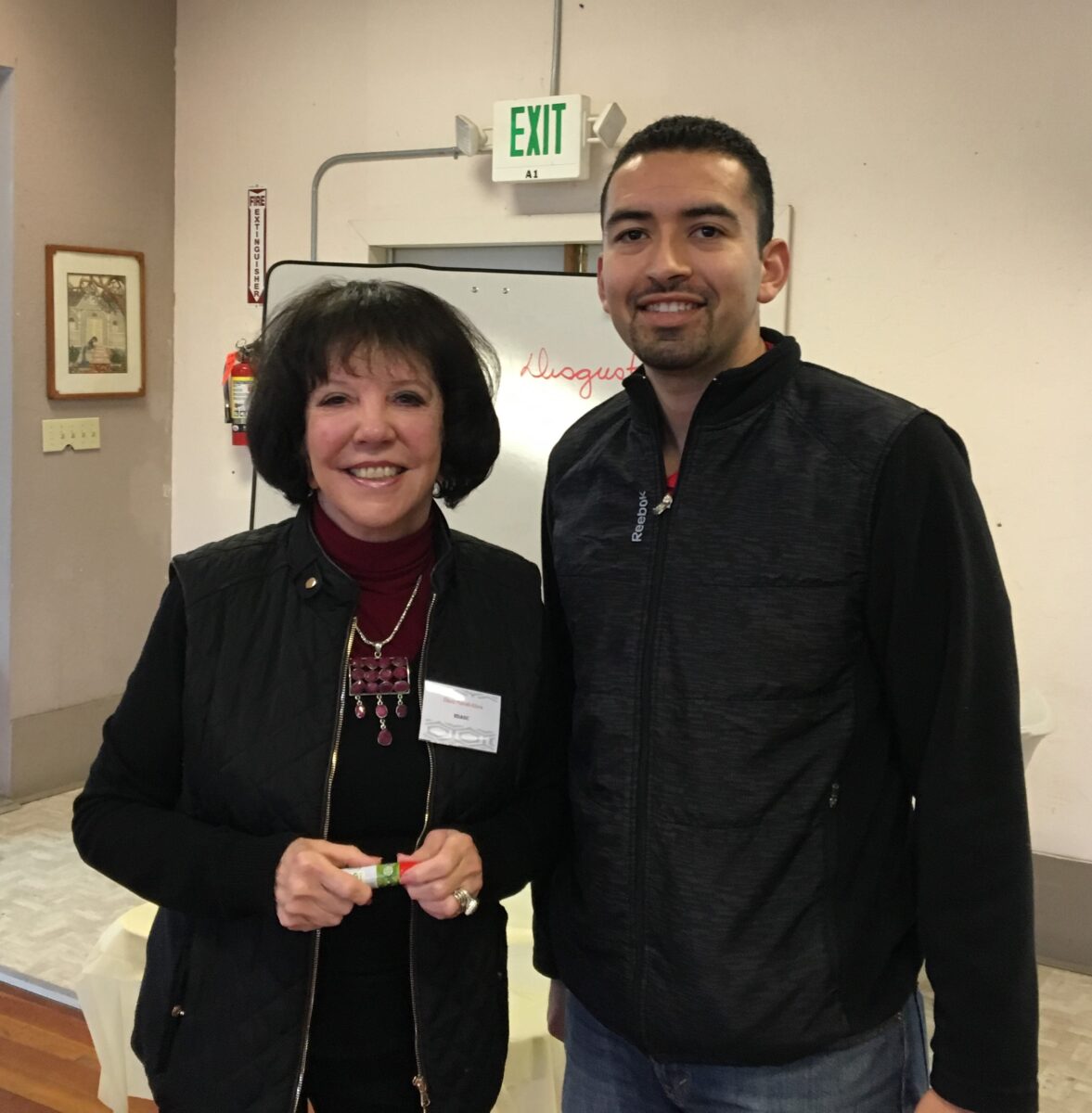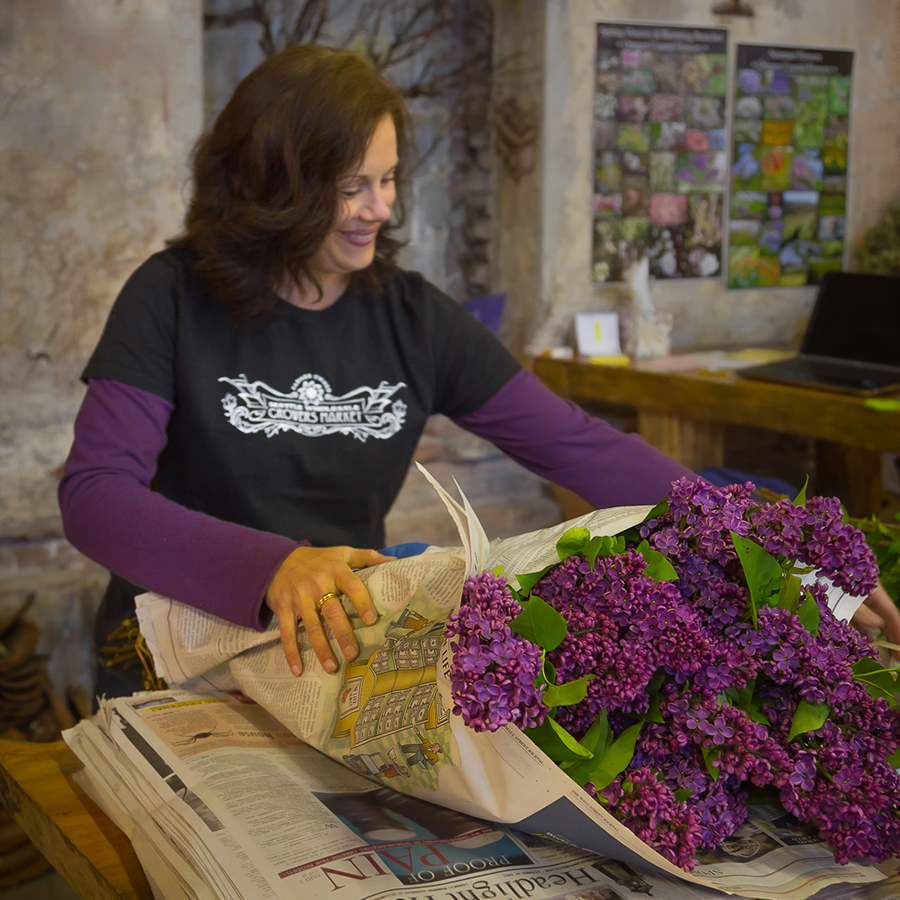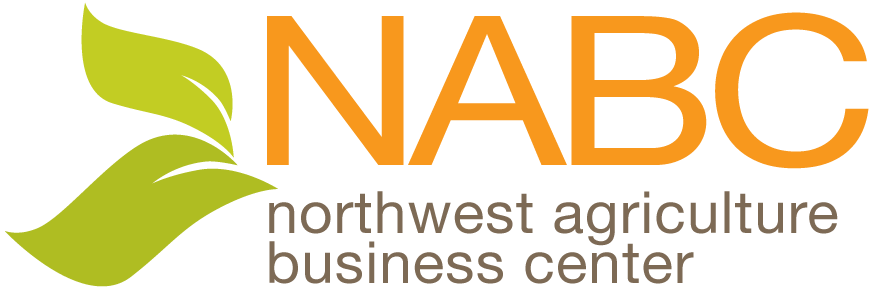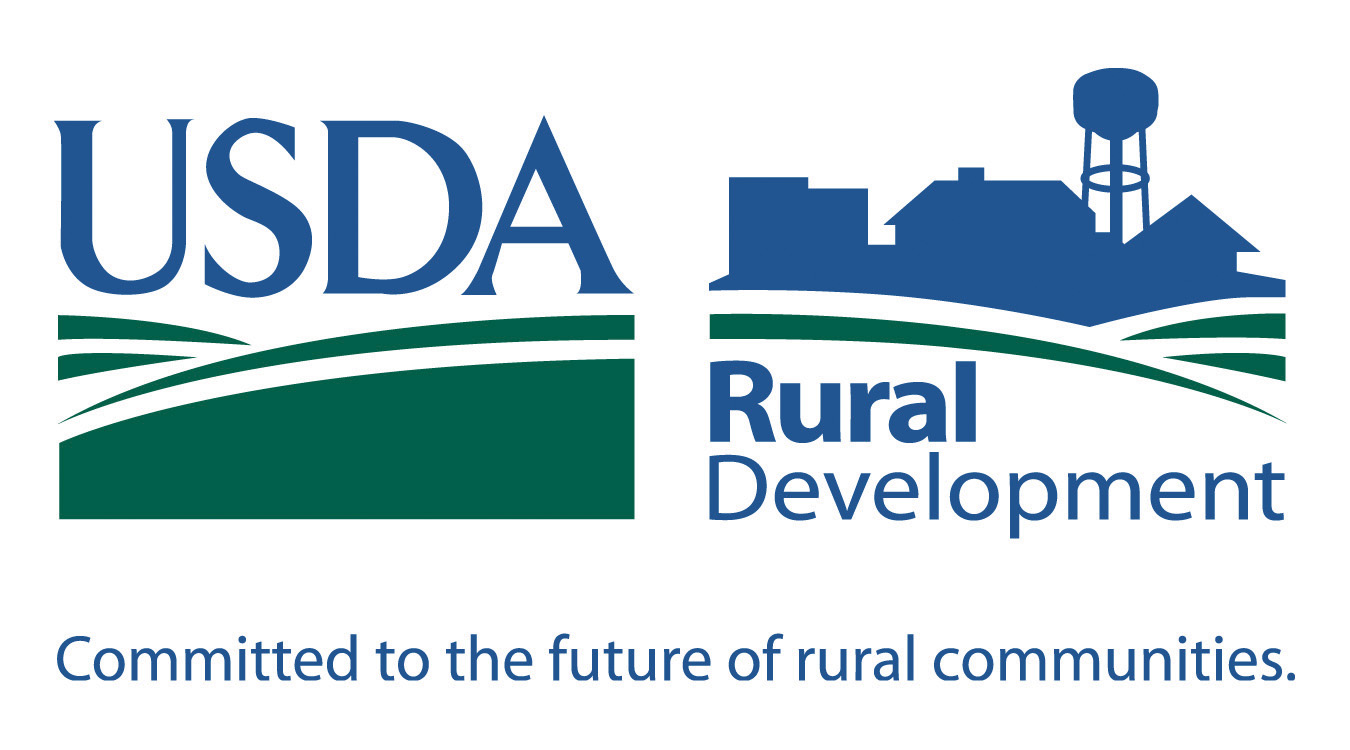About Cooperatives
Definition of a Cooperative
The U.S. Department of Agriculture (USDA) defines a cooperative as a user-owned, user-controlled business that distributes benefits on the basis of use. Member users, or patrons, own and democratically elect the board of directors, which provides oversight of the co-op. Net earnings are distributed on the basis of proportional use, or patronage, rather than on investment.

A broader definition of a cooperative has been developed by the International Alliance of Cooperatives (ICA), which describes a co-op as “an autonomous, voluntary association meeting common economic, social, and cultural needs through a jointly owned and democratically controlled enterprise.”
International Co-operative Alliance (ICA): 7 Cooperative Principles

- Voluntary and Open Membership
- Democratic Member Control
- Member Economic Participation
- Autonomy and Independence
- Education, Training and Information
- Cooperation among Cooperatives
- Concern for Community
Regional Cooperative Businesses
Agricultural Cooperatives
- Cascadia Cooperative Farms
- North Cascades Meat Producers Cooperative
- Puget Sound Food Hub
- Snoqualmie Valley Farmers Co-op
- Island Grown Farmers Cooperative
- Northwest Berry Co-op
- Seattle Wholesale Growers Market Cooperative
- Skagit Farmers Supply
- Snohomish Farmers Co-op
- Darigold
- Organic Valley Dairy Cooperative
- CHS Northwest

Financial Services
Retail Cooperatives
- Community Food Co-op
- Central Food Co-op
- Orcas Food Co-op
- PCC Natural Markets
- REI
- Skagit Valley Food Co-op
- Sno Isle Food Co-op
Wholesale or Purchasing Cooperatives
- Ace Hardware
- Puget Sound Joint Purchasing Cooperative
- Unified Grocers
- True Value Hardware (TruServ)
- Washington Rural Electric Cooperative Association
Health Care and Home Care
“Agricultural cooperatives are a driving force in the nation’s thriving farm economy. Because they are farmer-owned and operated businesses, the sales dollars and income generated are much more likely to be returned and spent in rural areas and communities.” Tom Vilsack, U.S. Secretary of Agriculture, October 23, 2013

